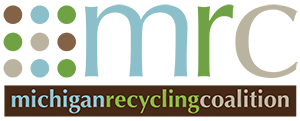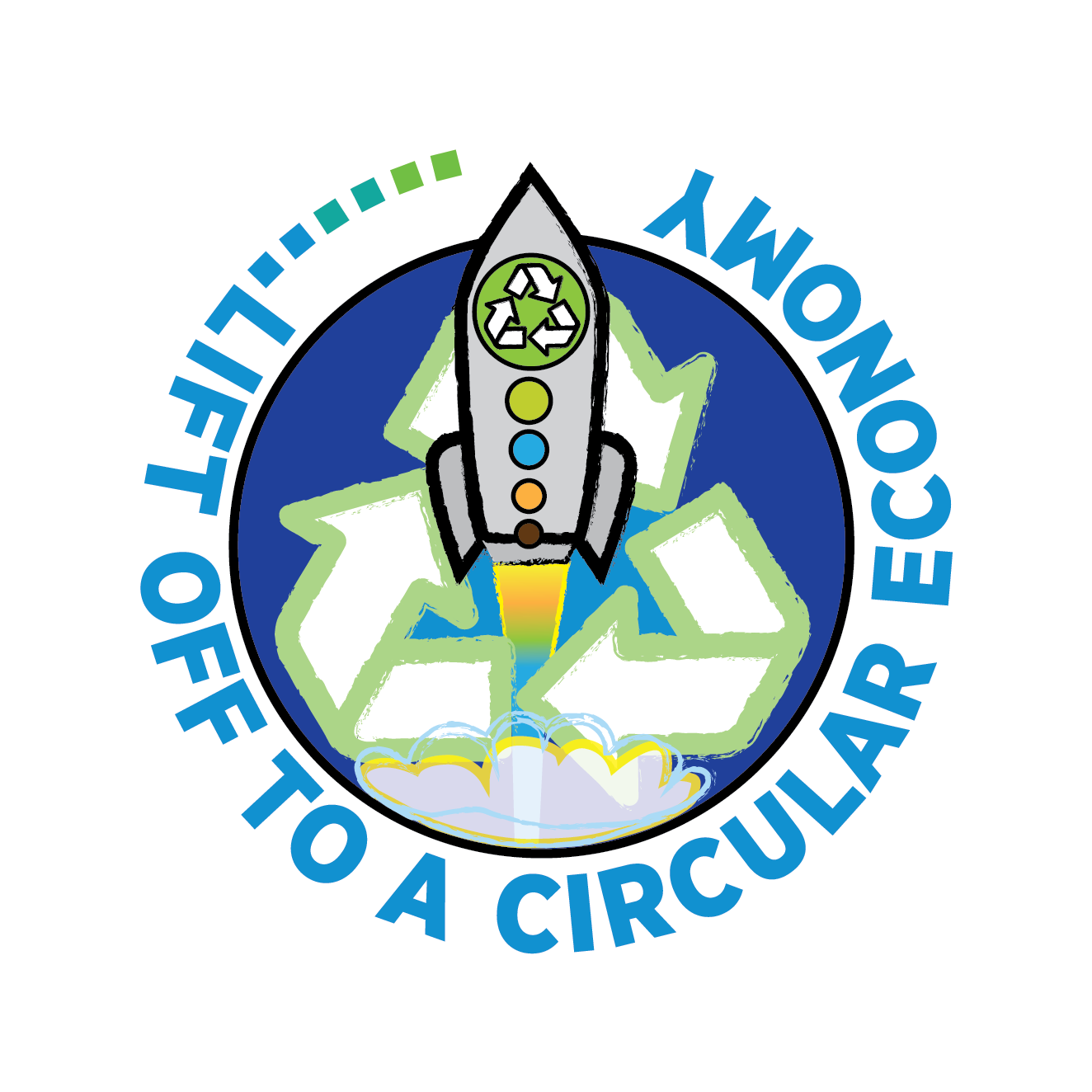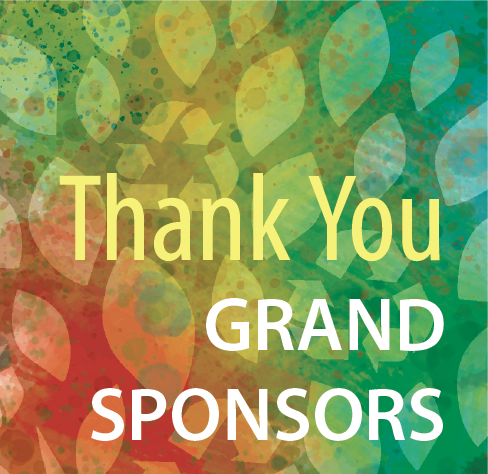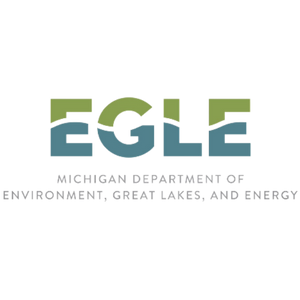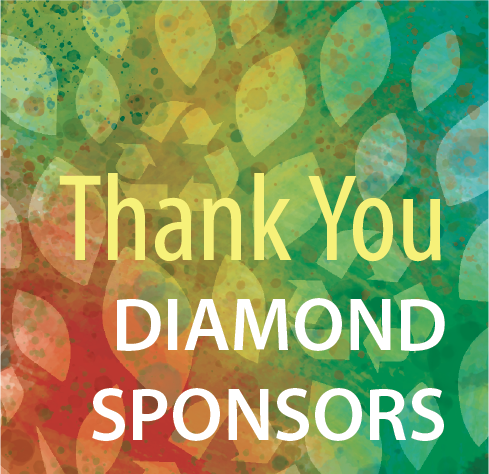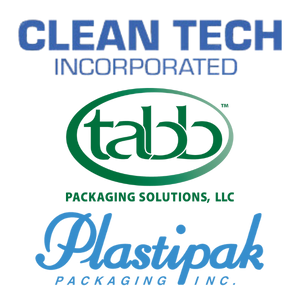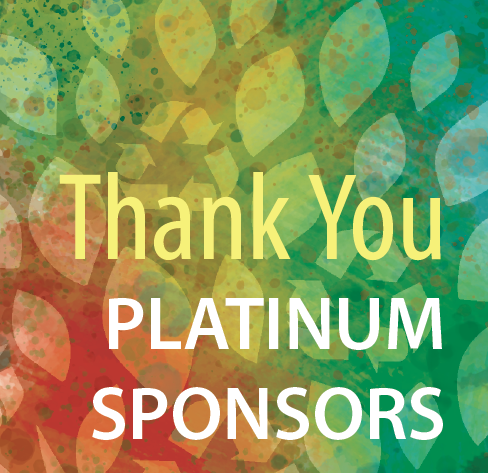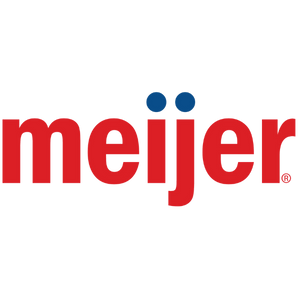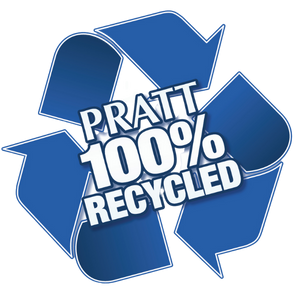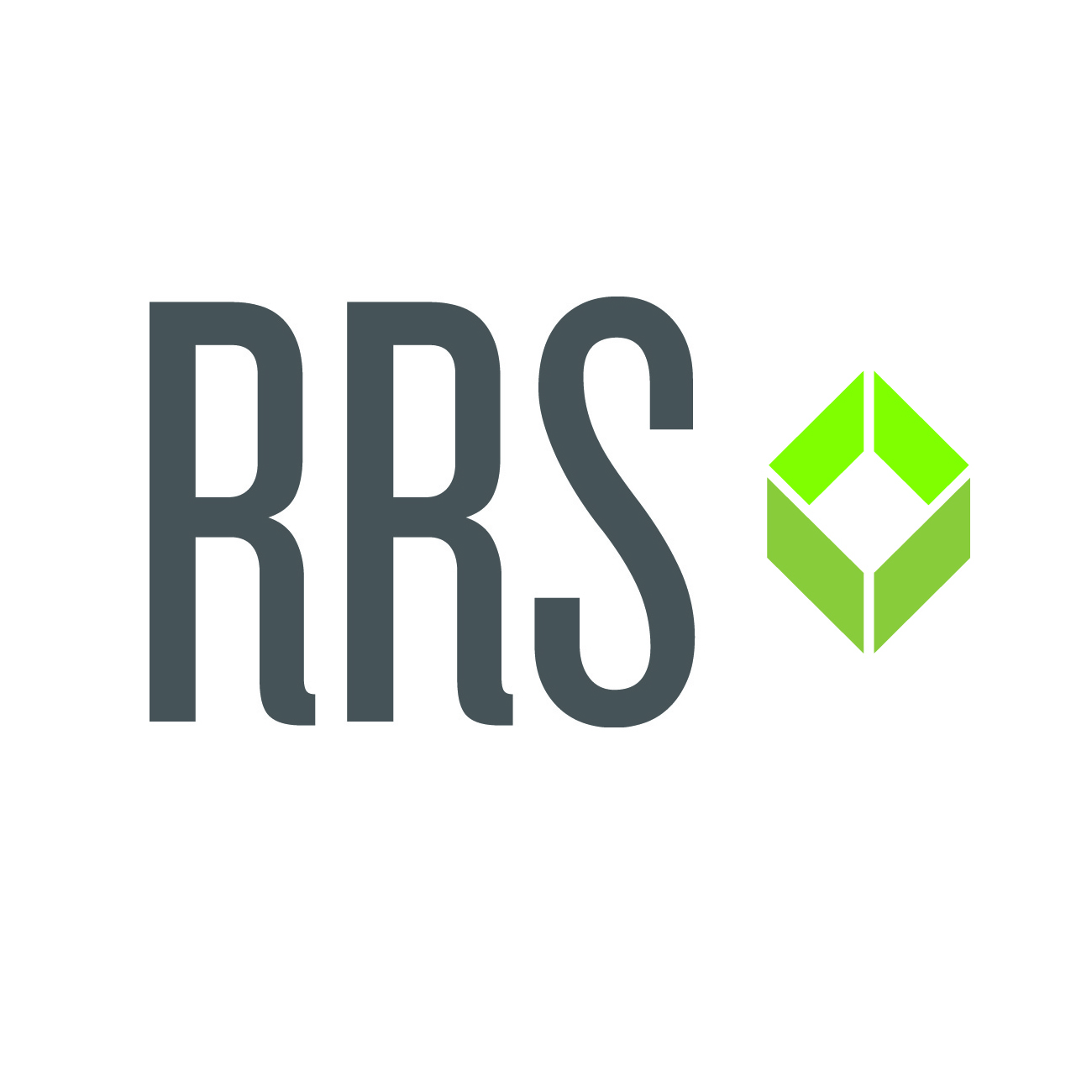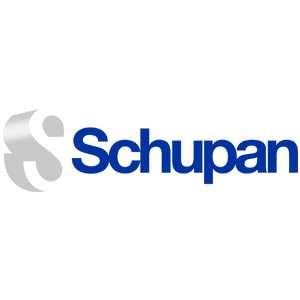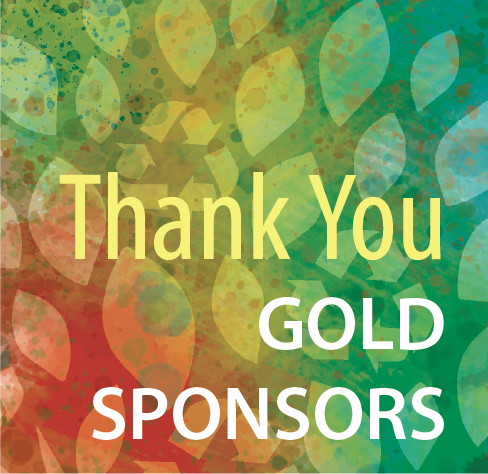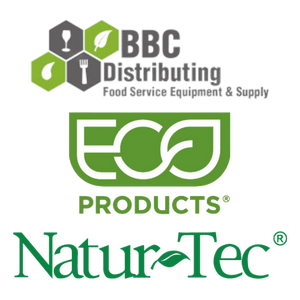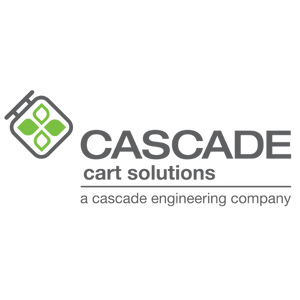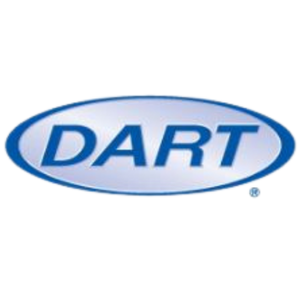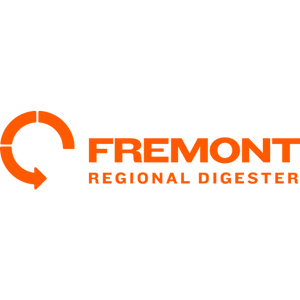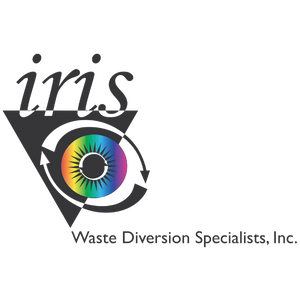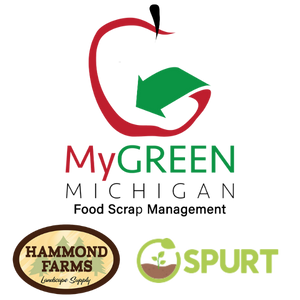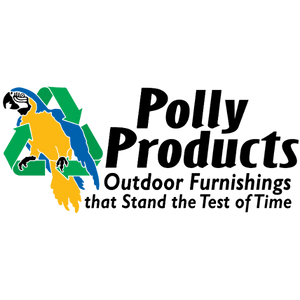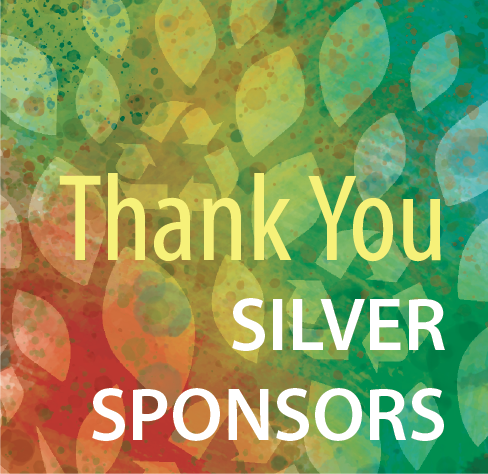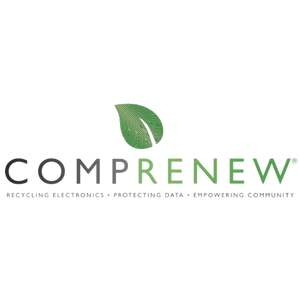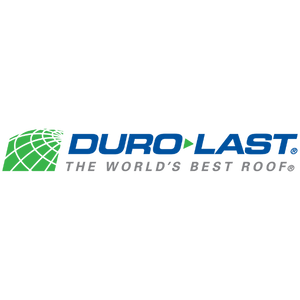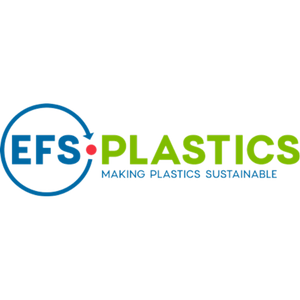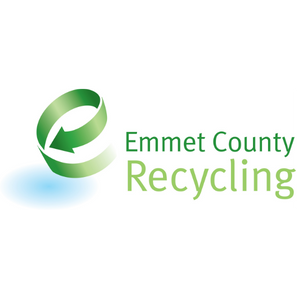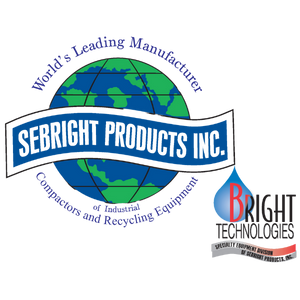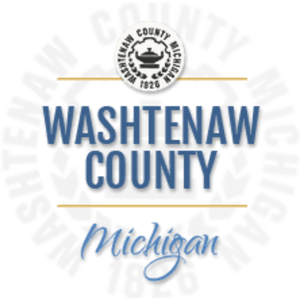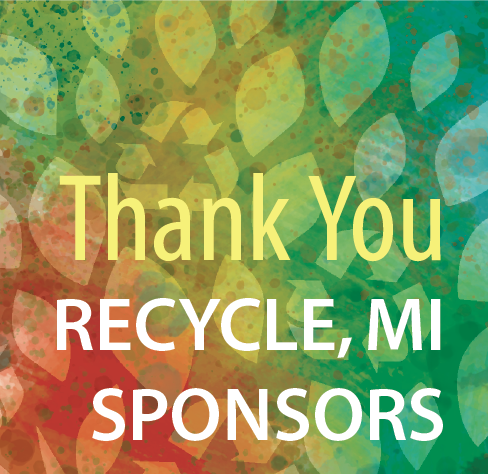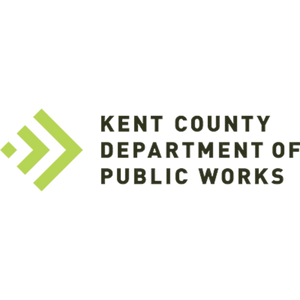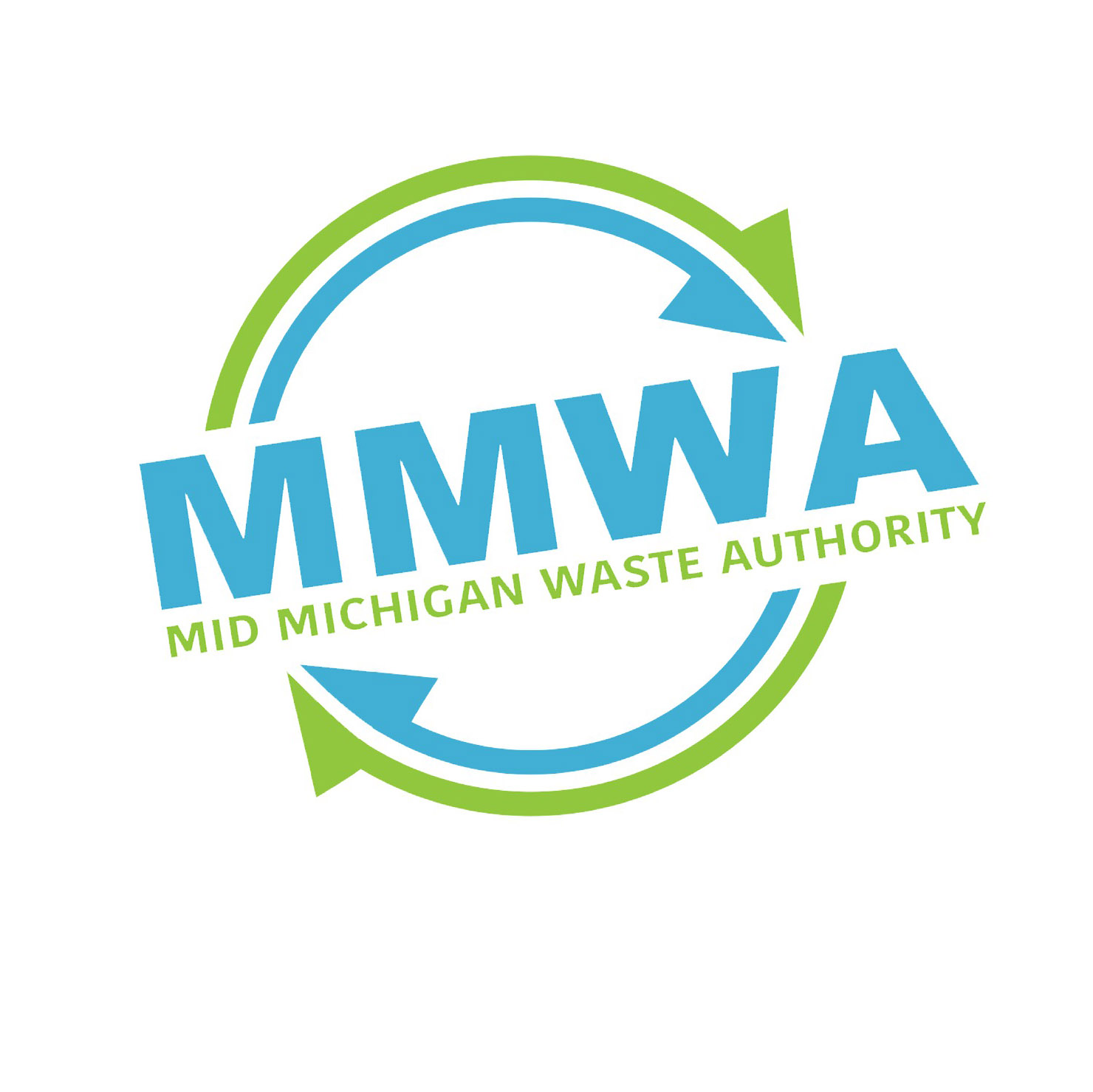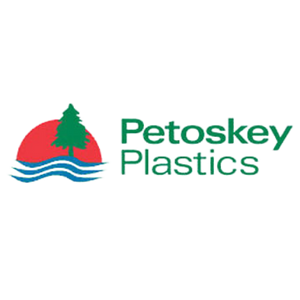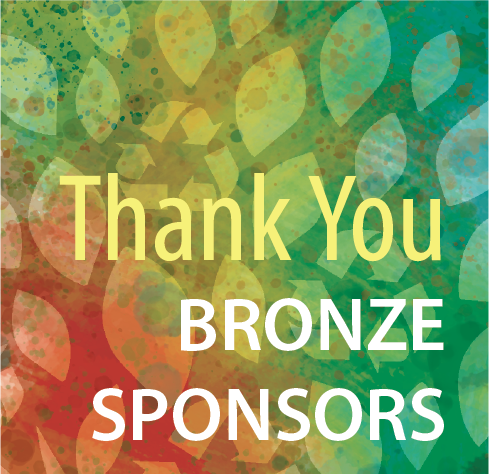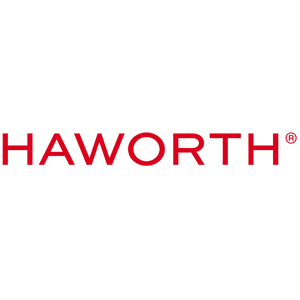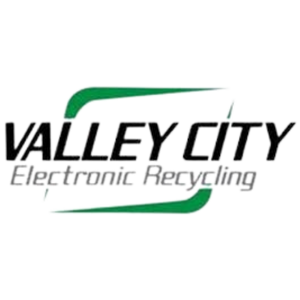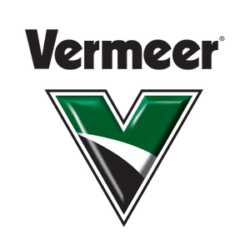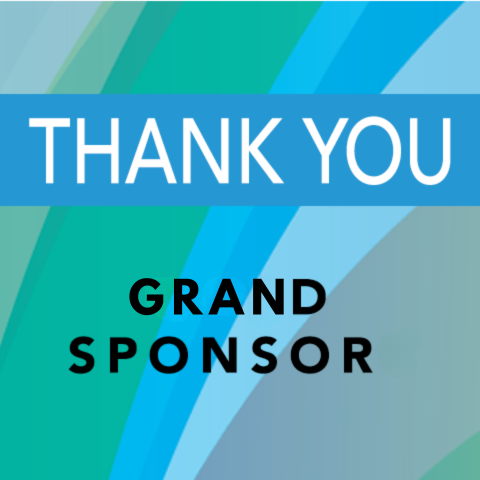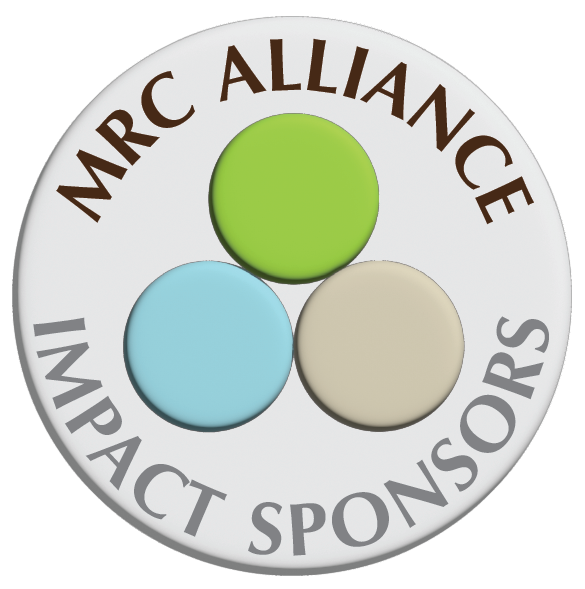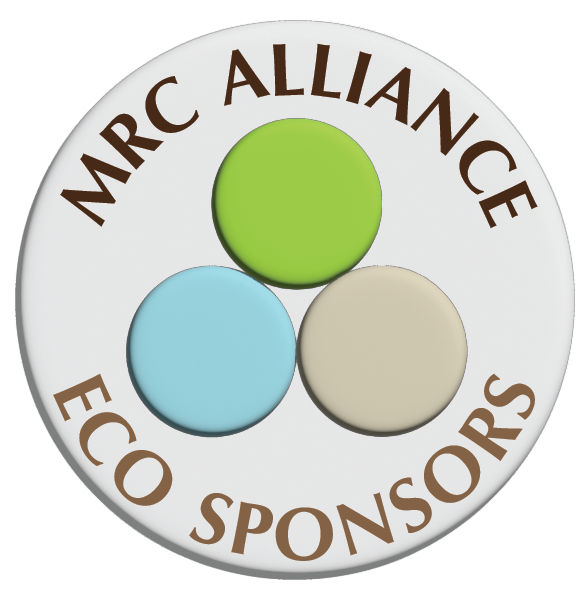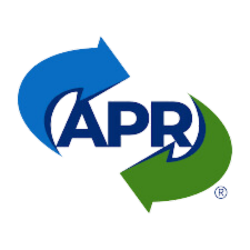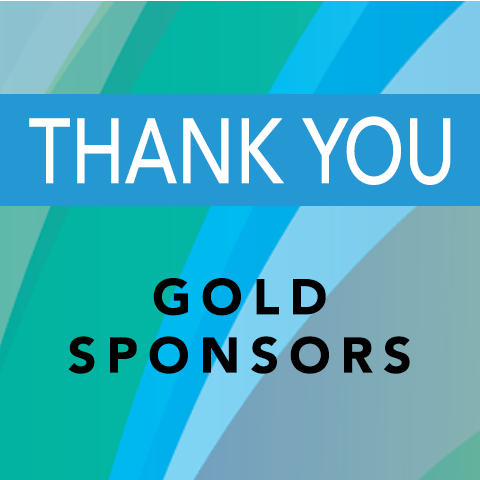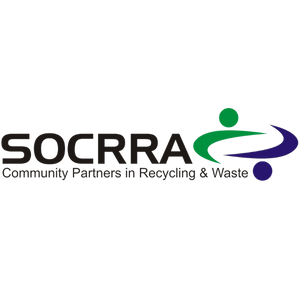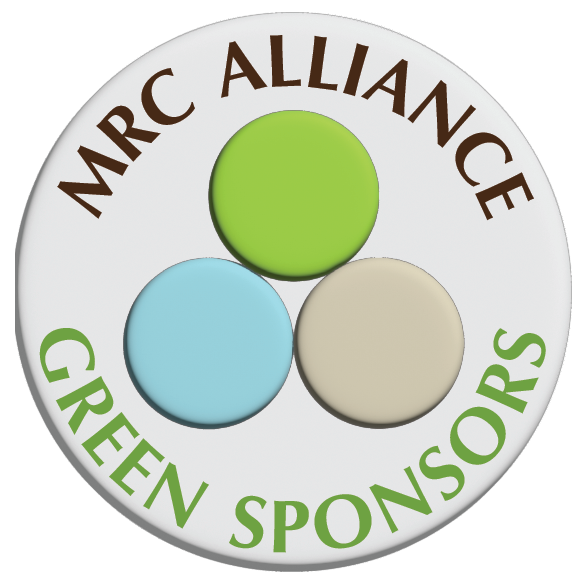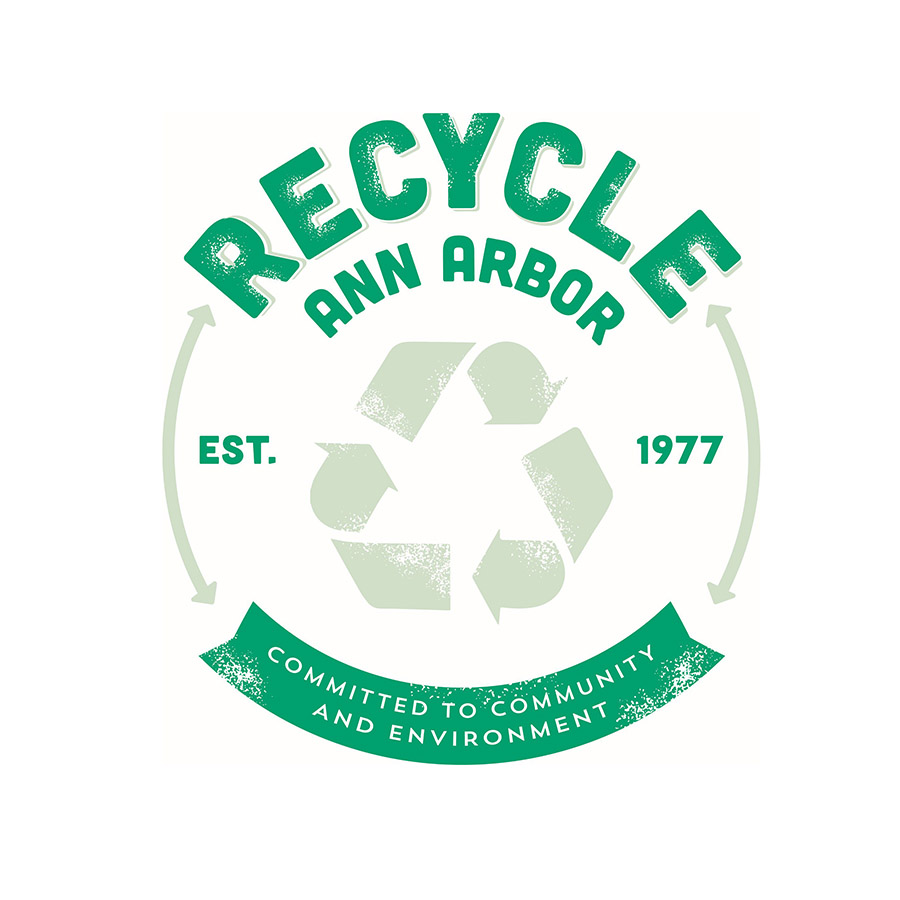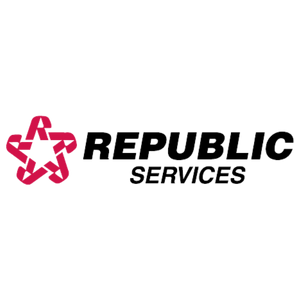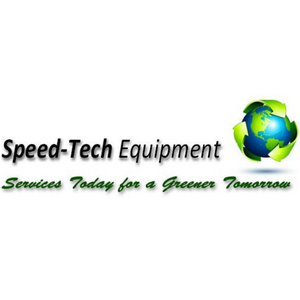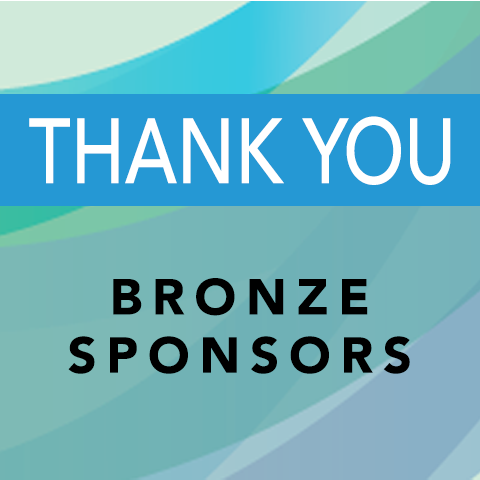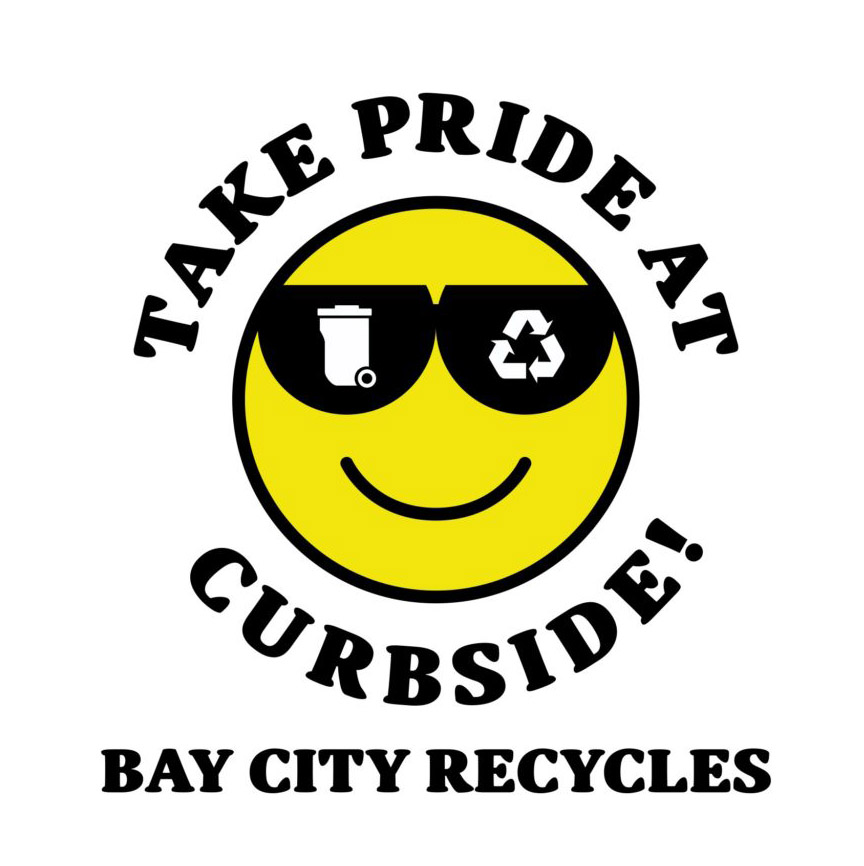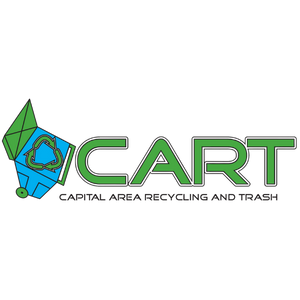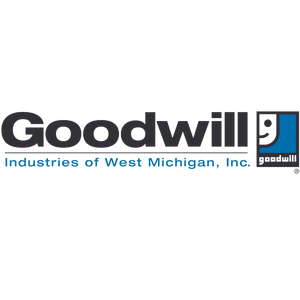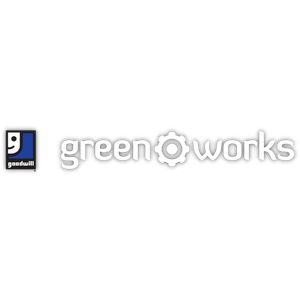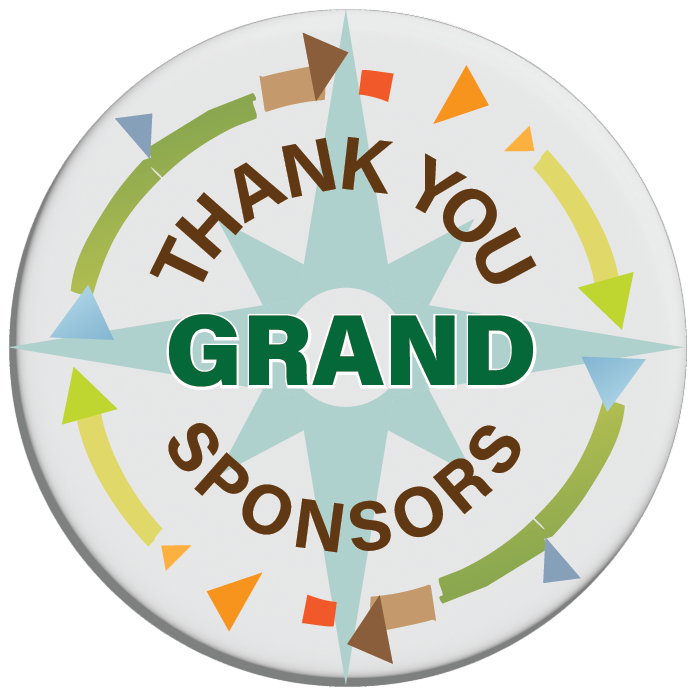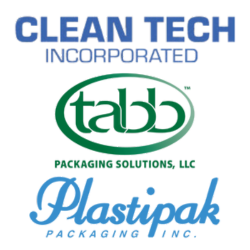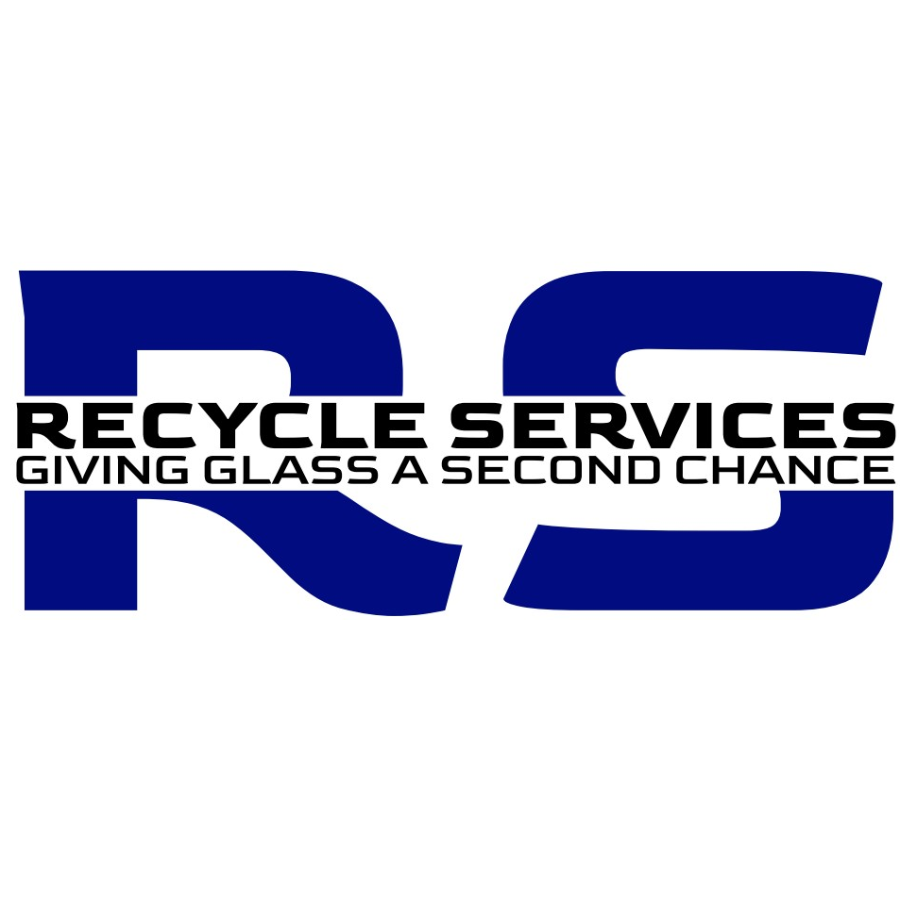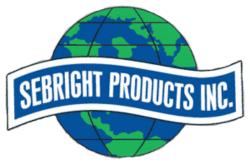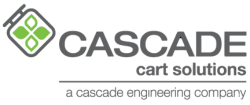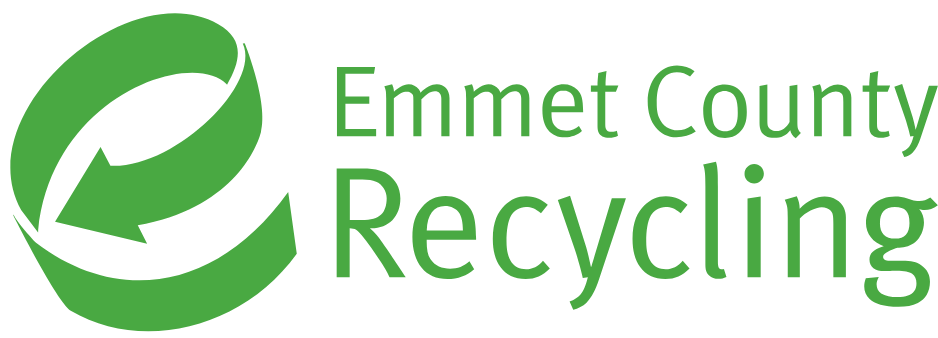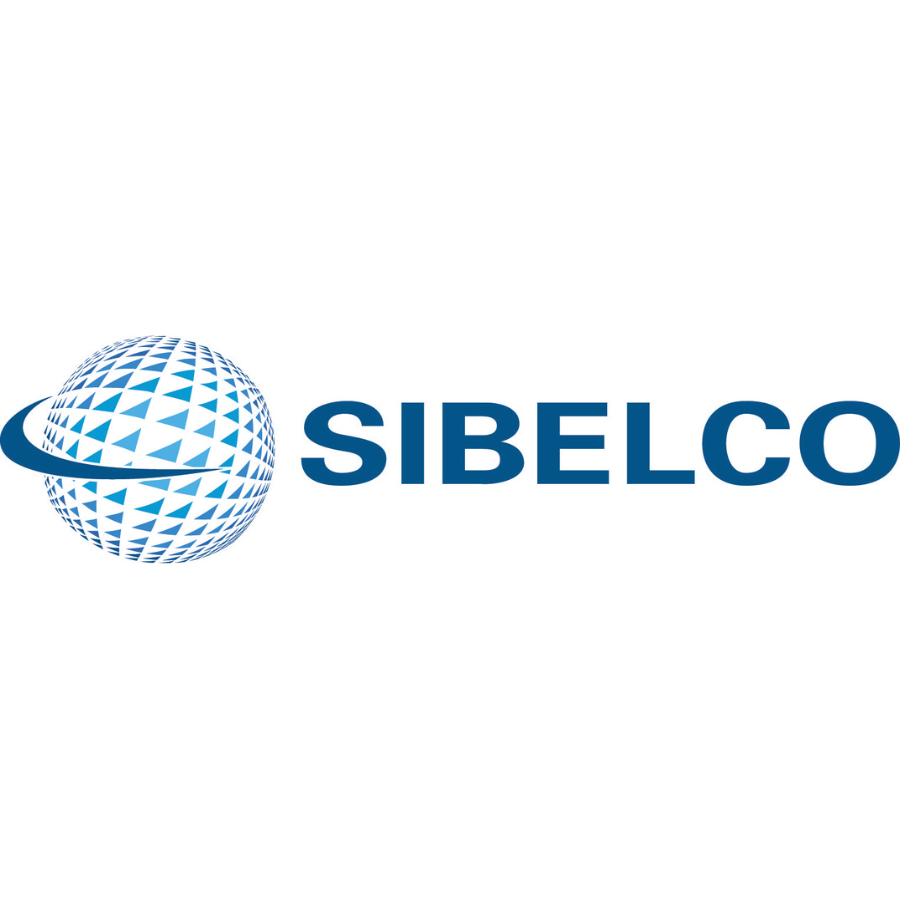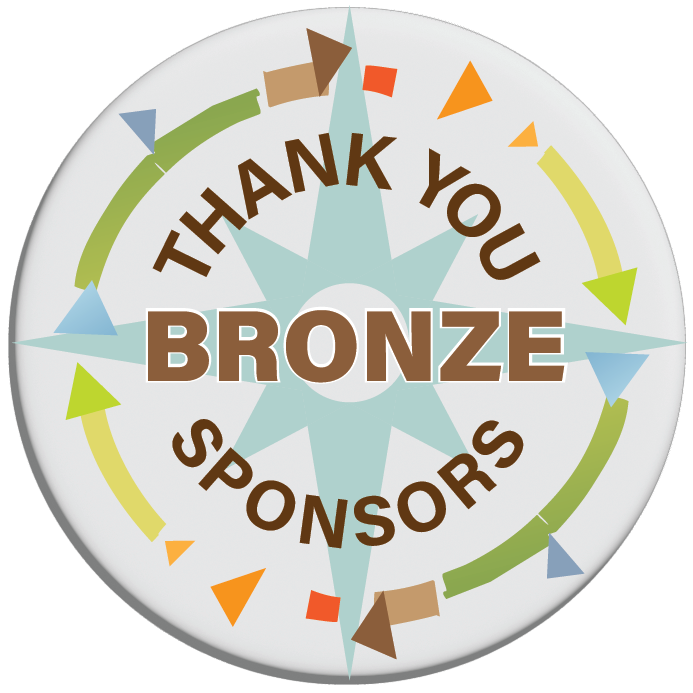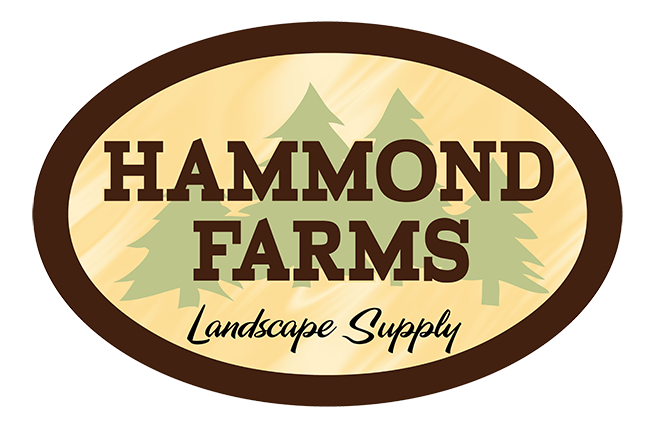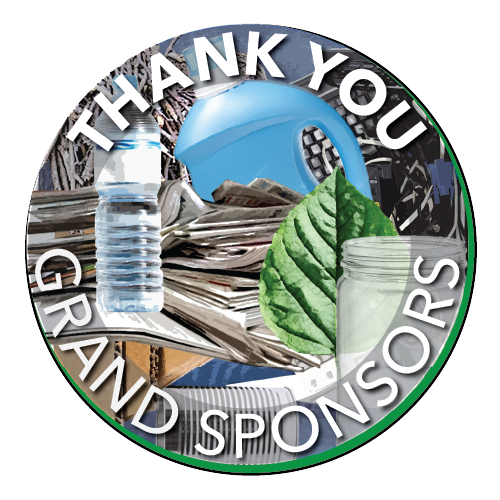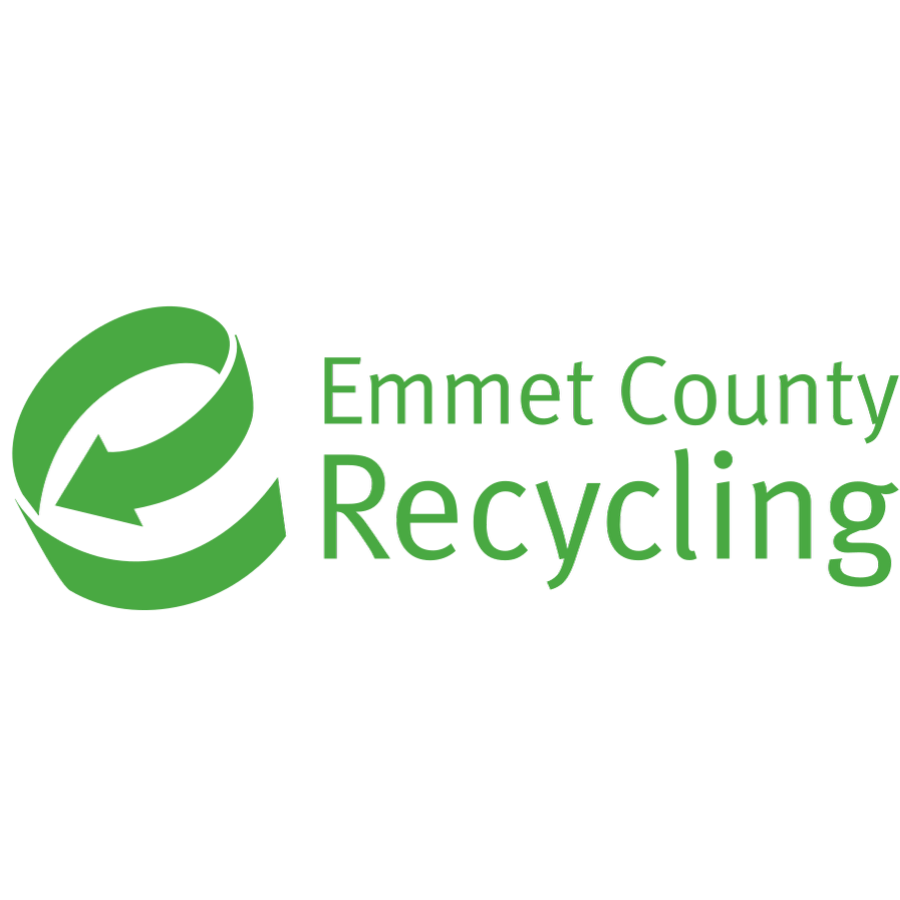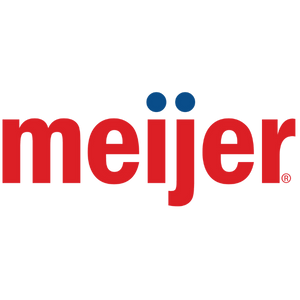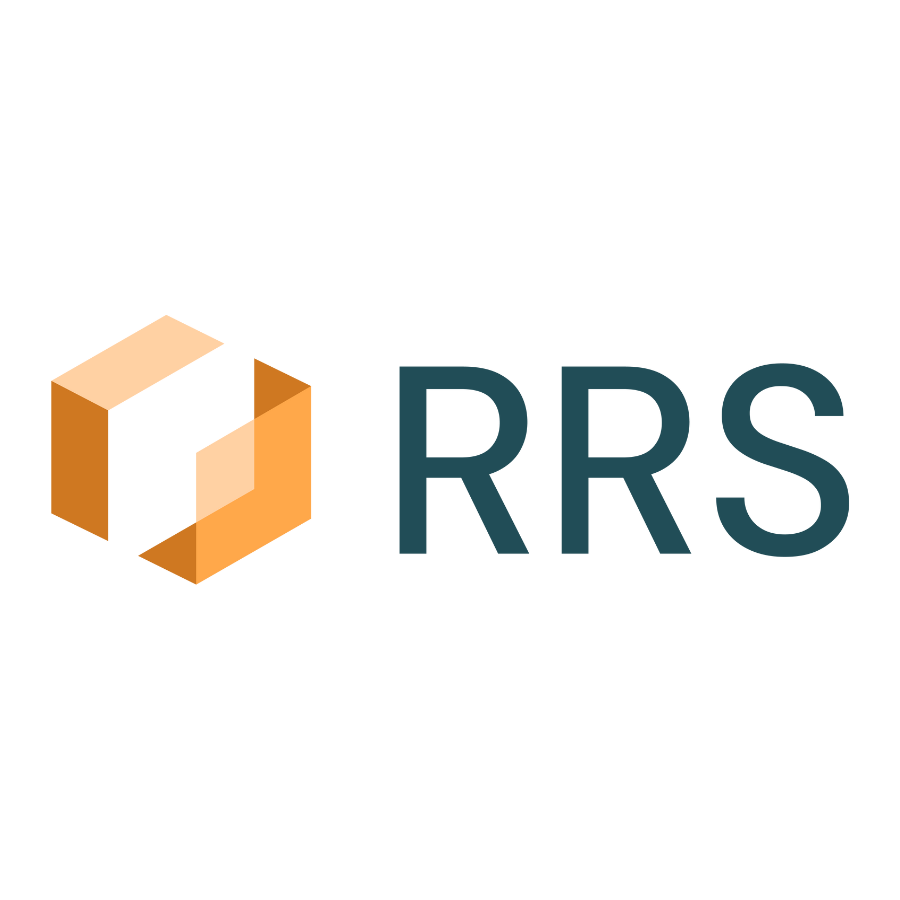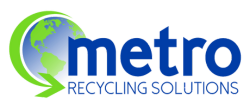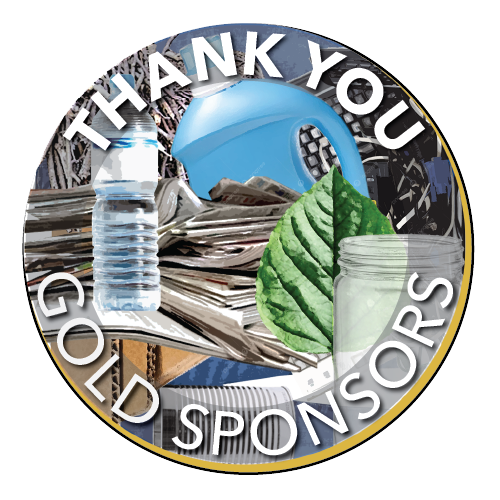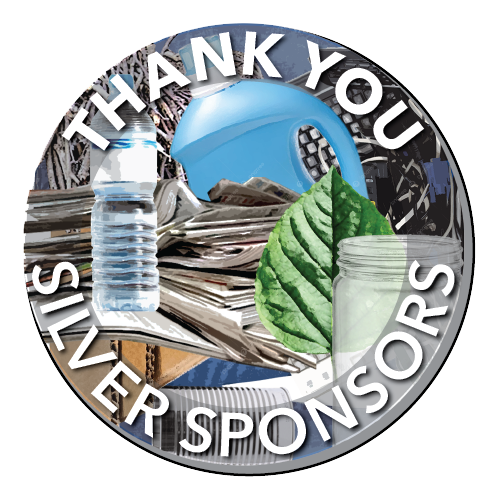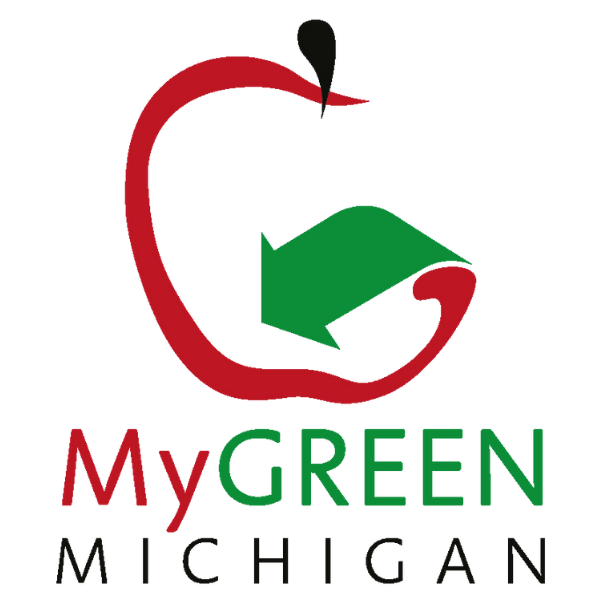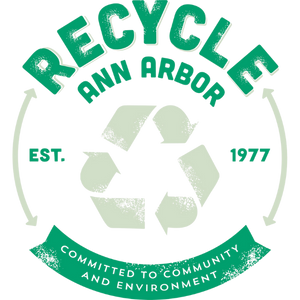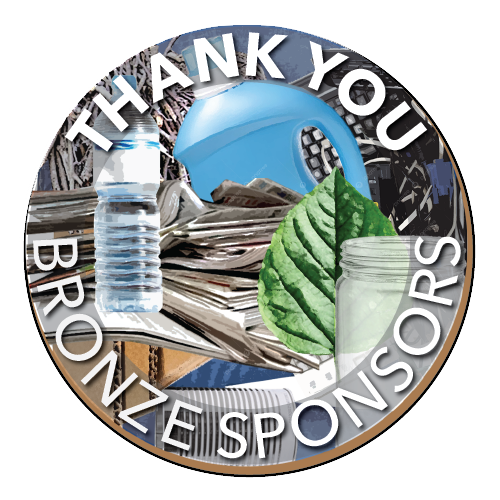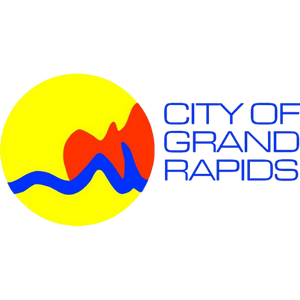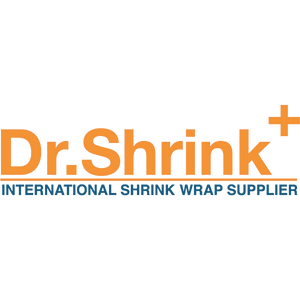39th Annual Conference
October 28 & 29, 2021
The DoubleTree by Hilton - Bay City MI Riverfront
THE Recycling & Organics Conference for Michigan
Network with colleagues, service providers, and product manufacturers
Learn from thought-provoking Keynotes and Sessions
Explore the future of recycling, organics & sustainable materials management in Michigan
A striving for Zero Waste event
MRC members get preferred pricing for the Conference.
Join now for a conference registration discount and also benefit from weekly newsletters, access to a great network of recycling professionals, and representation at the state level on issues important to the future of recycling - all year long. The online registration form provides an opportunity to become a member.
Reserve Your Hotel Room by October 6 and Save!
Mention 2021 Michigan Recycling Coalition Annual Conference for preferred rate.
We are looking forward to hosting this conference in-person.
• Mask wearing is highly encouraged for all attendees.
• A remote attendance option is available, see more detail on the registration form.
• We will be monitoring the situation and will make you aware of any changes to the program if they are required.
Support our 2021 Conference Sponsors
Their generosity and commitment helps make all of this happen
About the 39th Annual MRC Conference
In spite of the global pandemic, Michigan’s recycling industry is now recognized as an essential service and part of the supply chain. We found our way deftly through the crisis and are benefitting from hard won funding. With grant funding giving new life to existing programs and NextCycle Michigan growing new investment in needed infrastructure and end markets, the opportunities truly abound. Now is the time to bring progressive ideas about productive materials management forward. Join us to reengage with colleagues, share big ideas, and understand the evolving landscape to position yourself for success.


Thursday’s Keynote Presentation
THE PROMISING FUTURE OF EPR
Scott Cassel, CEO and founder, Product Stewardship Institute
REGISTRATION OPEN
7:30 A.M. – 6:00 P.M.
REFRESHMENTS
8:00 – 9:00 A.M.
WELCOME
9:00 – 9:10 A.M.
Bay City Manager, Dana Muscott
KEYNOTE PRESENTATION
9:10 – 10:00 A.M.
THE PROMISING FUTURE OF EPR
Scott Cassel, CEO and founder, Product Stewardship Institute
As momentum for extended producer responsibility (EPR) builds across the nation, Cassel will share how EPR plays a vital role in realizing a circular economy — and supports Michigan communities and recyclers as they manage the many challenges of current waste streams and systems. Get in-depth insight into the benefits of EPR legislation, what makes an EPR law effective, and how EPR can sustainably transform waste management and create recycling jobs. Explore the national and international context of EPR legislation, the developments in packaging EPR, and the many opportunities ahead. Learn more about Cassel’s work on approximately 25 products, including electronics, lamps, thermostats, pharmaceuticals, mattresses, packaging, and paint. And how, as a trained mediator, he fosters effective dialogue with stakeholders throughout the EPR process, to address the key issues on all sides.
A renowned leader in the U.S. product stewardship movement, Scott Cassel has over 35 years of experience tackling waste management issues in the public, private, and nonprofit sectors. He is the founder and CEO of the Product Stewardship Institute (PSI), which brings diverse stakeholders together to research, develop, and implement extended producer responsibility laws. Prior to founding PSI, he served as the director of waste policy and planning for the Massachusetts Executive Office of Environmental Affairs, where he developed and implemented solid and hazardous waste management policies and programs. Scott has experience with more than 20 product categories and has been actively involved in the development of numerous state and federal EPR bills.
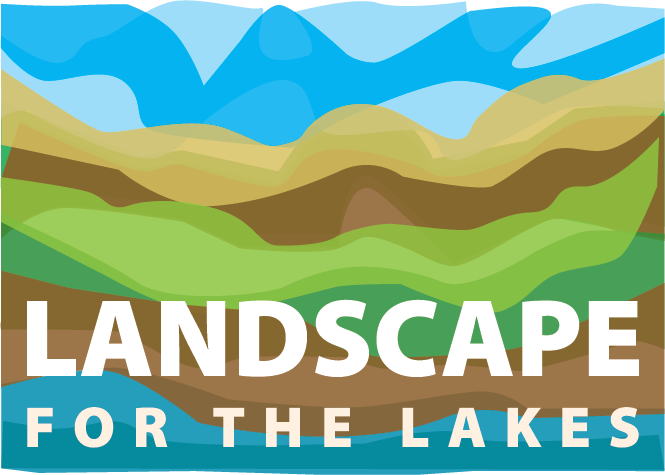
CONCURRENT SESSIONS
10:10 – 11:00 A.M.
COMPOST – CONNECTING ORGANIC WASTE TO USE
Ron Alexander, President, R. Alexander Associates, Inc.
Making the connection between the organic wastes generated in your community and the valuable compost end products will be an important key to creating a local organics circular economy. Better understand the variety of benefits and uses for compost in land-based industries in and around your community. Learn more about the EGLE funded Michigan Organics Council’s project Landscape for the Lakes that aims to increase awareness and use of compost in a variety of applications such as landscaping, green infrastructure development, agriculture and more.
PLASTICS: A DEEP DIVE
Tonya Randell, Stina Inc.
Plastics are challenging for programs that aim to be both comprehensive and cost-effective. So much of the packaging on the market today was "the future” in years past. Get to know more about the different types of plastics, their uses and challenges. Understand how the market is changing for these growing materials streams, how MRFs and converters handle them, and what’s on the horizon for collections programs. Get a glimpse at the next level of thinking about plastic and understand how “fit for use” goes perfectly with the future of packaging.
BRING ON THE ROBOTS
Andi Tolzdorf, Emmet County Recycling
Jon Gertsmeier, AMP Robotics
Robotics are changing the economics of recycling. Emmet County Recycling is the first public MRF in Michigan – but certainly not the last - to incorporate the use of artificial intelligence or AI on their sort line. Learn about their experience with AMP Robotics from inception to operation. Understand the dynamics behind the decision and how their operations are changing as a result. Learn how robotics are being used to target high value materials and reduce risk. See how these developments are being financed and get a glimpse into the future of MRF operations.
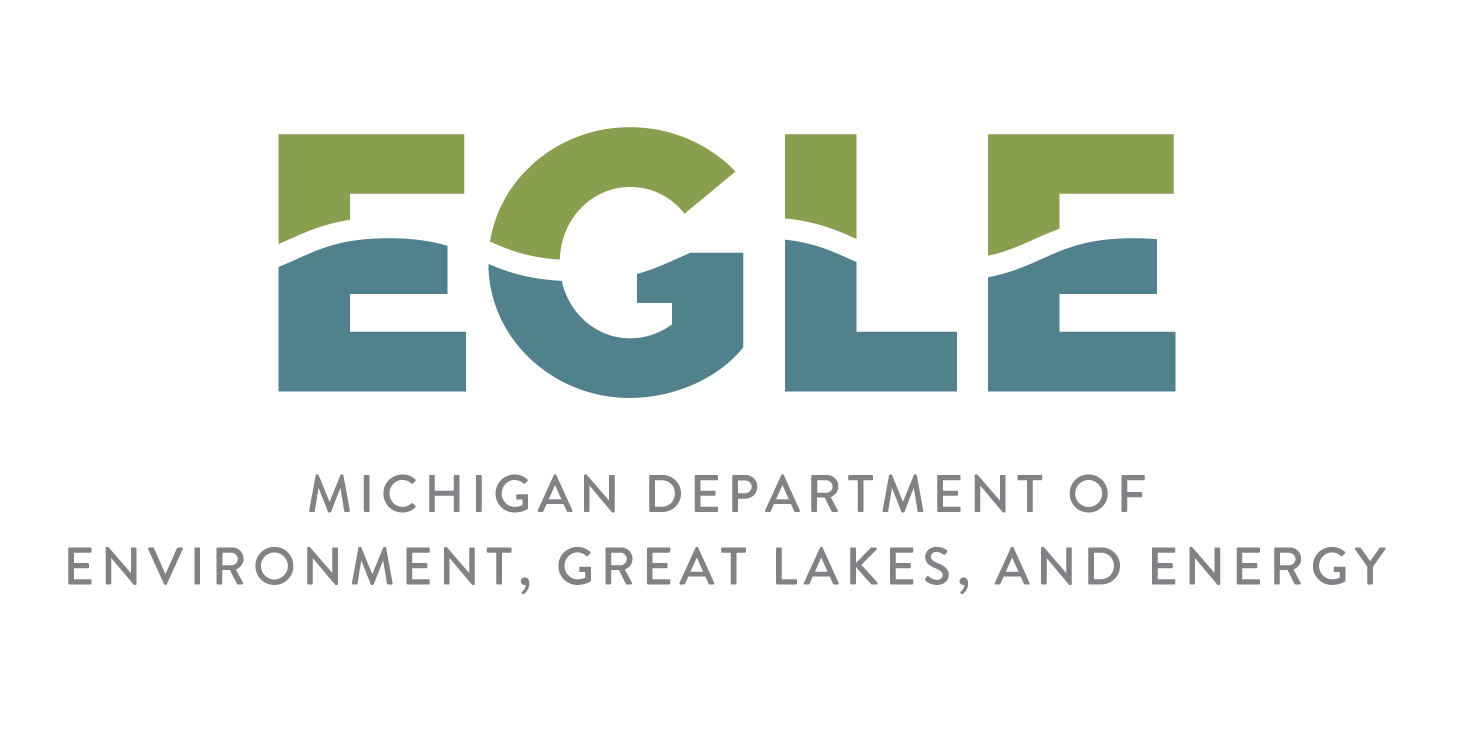
RENEW FUNDING IMPACTS AND PRIORITIES MOVING FORWARD
Matt Flechter, Department of Environment, Great Lakes, and Energy
In spite of a global pandemic and the obstacles we’ve all faced, Michigan’s recycling industry is recognized as essential and we’re beginning to see the benefits of funding won in 2018. See how the Department of Environment, Great Lakes, and Energy has been allocating Renew Funds to foster infrastructure and market development throughout the state since the passage of Renew. Hear about their strategy for development and planning moving into the 2022 Fiscal Year. See how State priorities and investments are being used to grow local and regional programming that helps you meet your goals.
CONCURRENT SESSIONS
11:10 A.M. – Noon
INNOVATIVE APPROACHES TO COMMUNITY-BASED FOOD WASTE DIVERSION
Pete Adrian, Solid Waste Agency of Lake County (SWALCO), Illinois
In another state where yard waste is banned from the landfill, SWALCO has creatively utilized municipal waste hauling contracts to incrementally increase the availability of seasonal and year-round food waste collection programs. See how SWALCO has implemented various food waste diversion programs in over half of all the municipalities it serves. Learn about the menu of food waste collection options developed by SWALCO that a community and its waste hauler can choose from to best fit their unique needs. See how SWALCO is using a USDA Grant to develop and research the benefits of using compost on our land and communicate a “why composting is important” message its various constituents.
GROWING A REGIONAL ORGANICS CIRCULAR ECONOMY
Nicole Chardoul, RRS
Sarna Salzman, SEEDS
Nick Beadleston, Good Impacts
The messy business of rural regional diversion can be made easier through intentional and inclusive collaboration. Since 2018, SEEDS Ecology & Education Centers has helped drive community composting conversations in Northwest Lower Michigan. Along with other local nonprofits, for-profits, municipal stakeholders, and industry experts, they are applying systems thinking and extensive market development research to increasing organic diversion in the communities they serve. Come dig into their novel approach for local coalition building, which is continuing to attract new partners and philanthropic support.
FOSTERING PARTNERSHIPS TO SOLVE RECYCLING PROBLEMS
Lindsey Walker, Emmet County Recycling
Emmet County Recycling’s market development specialist has learned a thing or two about securing markets and managing material that can be challenging. Explore the real world intricacies and advancements in recovery of four common materials that deserve our attention – glass, mixed plastics, textiles, and mattresses. Learn about the three key questions to consider as you determine the viability of material recovery. Understand the market relationships needed to assure MRF investment in mixed glass and the ever evolving mixed plastics recycling stream. Learn about the challenges of successful textile recovery - clothing, bedding & shoe recycling as well as the wildly successful, truly necessary mattress and box spring recycling program that Emmet County has grown in partnership with Bay Area Recycling for Charities.

PROVEN STRATEGIES AND TOOLS FOR BEHAVIOR CHANGE
Cassandra Ford & Jill Martin, The Recycling Partnership
As Michigan works to increase recycling capture and decrease contamination, behavior change tools and best management practices are needed to help communities connect with residents and achieve results in both curbside and drop off recycling programs. The Recycling Partnership will dive into the details of their proven education and direct resident engagement strategies to address needed behavior change, and discuss how tools can be modified to focus on community specific needs. The Partnership will also provide some new and improved Michigan-specific education resources and upcoming funding opportunities.
NETWORKING LUNCH
MRC ANNUAL MEETING & ANNUAL REPORT
Noon – 1:00 P.M.
Hear about MRC’s progress this year and plans for next.
EXHIBITION HALL GRAND OPENING
1:00 - 3:00 P.M.
Walk through the Exhibits Hall, meet exhibitors and mingle with conference attendees, speakers, sponsors, and guests.
REGIONAL MEETINGS
3:10 – 4:00 P.M.
In a state with such diverse communities and populations, a “one size fits all” approach to resource management doesn’t serve every community. In an effort to give local communities and businesses a chance to elevate and move local and regional topics in the right direction and influence state issues, the MRC recruits recycling leaders to gather regional stakeholders and facilitate those conversations. The MRC identified, and is working to serve, eight regions across Michigan. During this session time, these eight regions, under the guidance of their regional director, will break out into separate groups in 4 different rooms to discuss local and regional topics. Please check the region map to the left to see where you fit and join the conversation in your region to grow recycling.
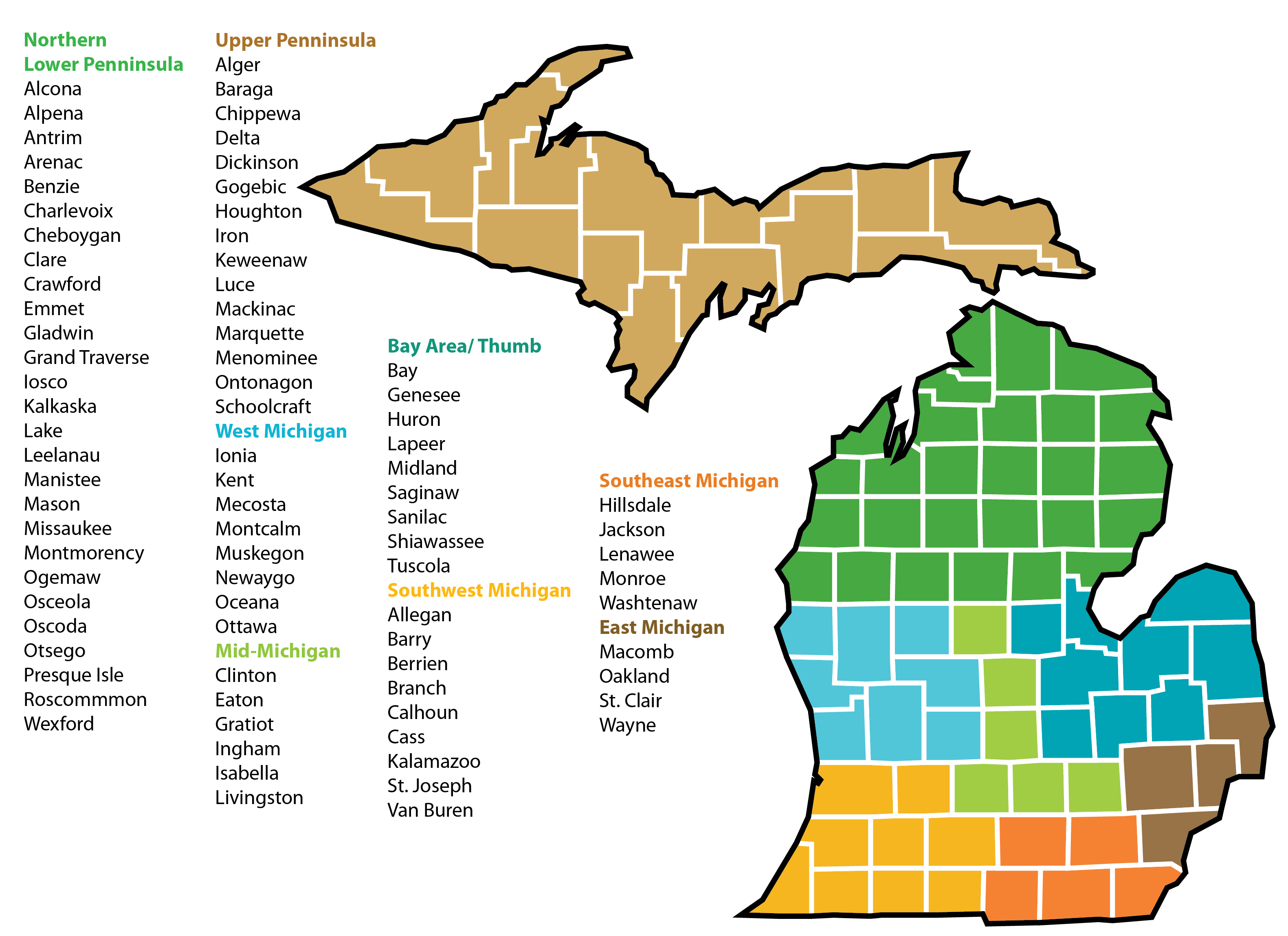
CONCURRENT SESSIONS
4:10 – 5:00 P.M.
OPTIONS FOR SINGLE HAULER COMMUNITY COLLECTION
Scott Cabauatan, Republic Services
In many Michigan communities, residents choose their own haulers and pay them directly for services – this is a subscription-based service option. In these communities, every day is collection day. Any number of trash and recycling trucks servicing their collection routes is on the road based their own scheduling needs. Learn more about the single hauler collection option and the numerous benefits for communities including, a well-coordinated single point of contact, unified collection guidelines, reduced wear and tear on local roads, and better services at reduced cost. Understand the mechanisms of franchising and licensing that are required to manage the single hauler relationship.
PROTECTING YOUR CREW AND FACILITY: LESSONS FROM A MRF SUPERINTENDENT
Wendy Fought, Emmet County Recycling
In an industry fraught with hazards, operating any type of material management facility requires a rigorous approach to safety. Understand the overall impacts of risk and safety on employees. Learn how to protect drivers so they can protect the facility and processors through driver standard operating procedures, and advocacy and enforcement. Step-up education and safety at Drop Sites to protect staff, volunteers, and the public at-large. Learn about the real-deal safety issues experienced at the Emmet County MRF, what was learned from those issues, and the protocols now in place to protect employees and the facility as a whole.
SCRAP TIRES INTO HIGH QUALITY ROADS: OPPORTUNITIES AND CHALLENGES
Dr. Zhanping You, Michigan Technological University
Rubber recycled from scrap tires has been used in the paving industry for decades. However, for many reasons, there remains misunderstanding about the use of various technologies in engineering asphalt from scrap tire rubber. Michigan Technological University researchers have focused on scrap tire rubber for roads in the past ten years and completed a few pilot projects to demonstrate the use of recycled tire rubber in asphalt paving projects. The results from lab testing and field installations are proving to be favorable, especially in regards to moisture damage resistance, low temperature cracking resistance, and noise reduction. Learn about current case studies and understand the best practices for using recycled scrap tire rubber, decision-making around the adoption of new strategies, and opportunities for advancing the recycling industry.
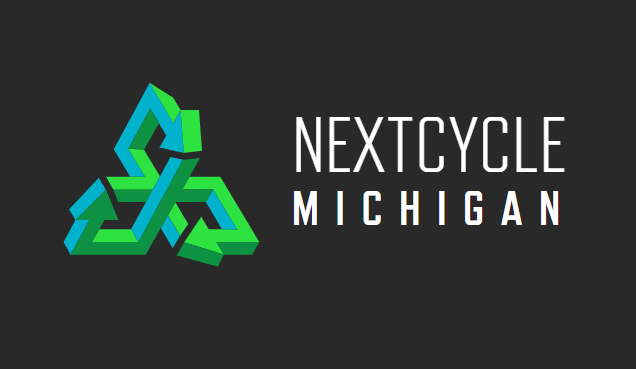
FLOWS TEAM HIGHLIGHTS
Bryce Hesterman, RRS
Renee Wallace, Daryl Pierson, & Grace Maves, ReMark
Luis Chen, Wormies
Harjeet Bajaja, Savormetrics
The Food, Liquids, & Organic Waste Systems or FLOWS Innovation Challenge Track of EGLE’s NextCycle Michigan is in full swing. A cohort of 8 teams has been selected to accelerate projects focused on a range of solutions for organic waste, including waste prevention, collection, processing, and marketing of end products. This session will highlight projects that FLOWS teams are working on, provide an opportunity to meet some of the teams, and hear their pitches. Learn about what it takes to get into a NextCycle Challenge Track and how the track can accelerate projects to become investable and shovel ready. See real solutions in motion and how NextCycle is accelerating circular economy solutions for this one of six Innovation Challenge Tracks, each designed to address gaps in the system to drive recycling-based economic development and recovery of usable material in Michigan.
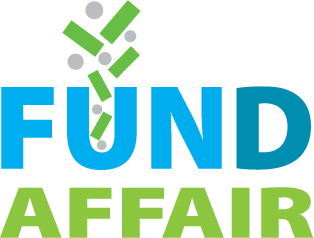
APPETIZERS & COCKTAILS WITH THE EXHIBITORS
5:00 – 7:00 P.M.
Join exhibitors and attendees for a progressive buffet and cash bar as the backdrop for more networking and learning. Have projects or programs in mind? Get your questions answered here. Enjoy the MRC’s Fund Affair featuring a raffle and silent auction with variety of items donated from supporters across the state.
OUT-ON-THE-TOWN
7:00 – 10:00 P.M.
Bay City has a lot to offer and it’s all within a walk from the hotel. We’ll identify a couple great places to meet up with conference attendees for more fun.

Friday’s Keynote Presentation
COMPOST: ESSENTIAL IN THE CLIMATE CHANGE AND REGENERATIVE AGRICULTURE MOVEMENT
Finian Makepeace, Kiss the Ground
REGISTRATION OPEN
8:00 A.M.
EXHIBIT HALL BREAKFAST
8:30 – 10:00 A.M.
Enjoy breakfast and engage with exhibitors and colleagues in an early morning networking breakfast.
ROUNTABLE DISCUSSIONS
Join colleagues in the Banquet Hall to participate in discussions around key topics identified by the MRC Board and other volunteers. Meet and talk will colleagues about issues and ideas!
9:30 – 10:20 A.M.
CONCURRENT SESSIONS
10:30 A.M. – Noon
PLANNING AND OPTIMIZING DROP SITES
Marta Keane, Will County, IL Recycling
Recycling Drop Sites are just as important today as they were in the 1980's and 90's when curbside collection was just beginning to take hold. Unfortunately, they face the same issues of misuse and contamination as they always have. There are a variety of ways to establish and enhance Drop Sites. Learn the best practices for Drop Sites, including; hosting, siting, site design, materials, contracting, containers, equipment, education, maintenance, security, and more.
UNDERSTANDING ZERO WASTE/MISSION-BASED RECYCLING: THREE PERSPECTIVES
Bryan Ukena, Recycle Ann Arbor
Deborah Stewart Anderson, Zero Waste Detroit
Lynn Hoffman, Association of Mission-based Recyclers
Two prominent Michigan non-profits and a newly formed non-profit national alliance will discuss their experience and vision for true zero waste recycling. Through education, operations, municipal partnerships and policy development, these organizations envision an opportunity to positively influence the recycling industry to reduce waste, increase recycling's impact and promote producer responsibility to rebuild credible, transparent recycling. Join us as each organization shares its vision, defines what it means to be a zero waste recycler and advocates for why it matters.
LEVERAGING SOCIAL MEDIA FOR SUCCESSFUL MESSAGING
Sommer Poquette, Keep It Real Social
You don't need to be a social media whiz to use it to effectively advocate and educate your supporters and community. If you spend time on Facebook, Twitter, Instagram, or even LinkedIn, it is time to bolster your outreach by leveraging your relationships with people who support your efforts through social media. Learn how to develop an effective visual message, promote participatory dialogue, and tell your story online. Understand best practices for liking, sharing, tagging, posting, and more. Beyond the basics, you'll learn about the metrics and not only where to find the useful data but, most importantly, how to use this data to boost organizational outreach efforts. If you're ready to do more than scroll through social media join us to learn how to leverage it for a good cause.

NEW NEXTCYCLE MICHIGAN INNOVATION TRACKS
RRS Challenge Track Leads, Matt Naud, Brad Kurzynowski & Bryce Hesterman
NextCycle Michigan is working to accelerate solutions for diverted materials in Michigan with a robust Partnership Network and six Innovation Challenge Tracks. This session will be an interactive opportunity to learn about the three upcoming Innovation Challenge Tracks accepting applications: Recycling Supply Chain (RSC), Roads and Pathways (ROADS), and Intergovernmental Initiatives and Public Private Partnerships (I2P3). Each of these Innovation Challenge Tracks focuses specific materials and opportunities to prioritize solutions which can move the needle in the State to benefit the economy, environment and equity. Join us to network and interact with others motivated to have an impact in Michigan, get questions answered about the types of projects each Innovation Track is looking for, and work closely with the NextCycle team leading these Innovation experiences.
LUNCH
MRC Awards of Recycling Excellence Presentation
Noon – 1:00 P.M.
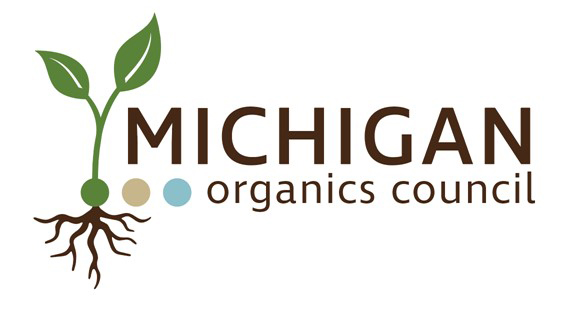
KEYNOTE
1:00 – 2:00 P.M.
COMPOST: ESSENTIAL IN THE CLIMATE CHANGE AND REGENERATIVE AGRICULTURE MOVEMENT
Finian Makepeace, Kiss the Ground
This interactive presentation will dive into the key relationships and opportunities for integration between the compost industry and the soil health/regenerative agriculture movement and how they can work more effectively together as key principle contributors in solving the climate crises.
Key topics:
Marketing/messaging compost as regenerative.
Why and how the compost industry can associate with climate solutions provided by regenerative agriculture/soil health.
Understanding the fundamentals of how healthy soil is formed in order to effectively communicate the essential role of compost.
Finian Makepeace is the Co-Founder, Policy Director & Lead Educator of Kiss the Ground. He is a renowned presenter, media creator, and thought leader in the field of regenerative agriculture and soil health. His dedication to Kiss the Ground’s mission of “awakening people to the possibilities of regeneration”, has motivated him to develop training programs, workshops, and talks designed to empower people around the world to become confident advocates for this growing movement.
PLENARY PANEL: BROADENING HORIZONS
2:00 - 3:00 P.M.
Elisa Seltzer, Bryce Hesterman, & Keira Higgins, RRS
Kamal Patel, King County WA
To meet Michigan's lofty waste diversion goals, the recycling industry must evolve and adapt. While our current system had some success implementing curbside recycling programs for single family homes in suburban and more affluent urban and rural areas, data shows that there are many gaps in recycling access in rural parts of the state and areas with predominantly multi-family housing. In addition, data shows over half of potentially recyclable material falls outside of traditionally recycling programs and are even more challenging to collect and process into inputs for new products. These patterns and constraints must be overcome to meet state goals.
Understand the benefits of productive materials management in the context of climate change and greenhouse gas reduction. See how the lack of recycling access often corresponds with communities that are historically underserved and how we can apply equity principles to increase resources and investment in the recycling industry that provides opportunities for economic growth and job creation for everyone. Recycling is more than preserving landfill space, it's a climate solution and can be a model for providing equitable services and opportunities.
